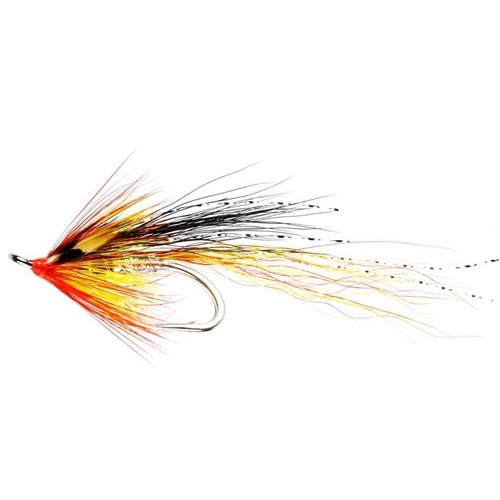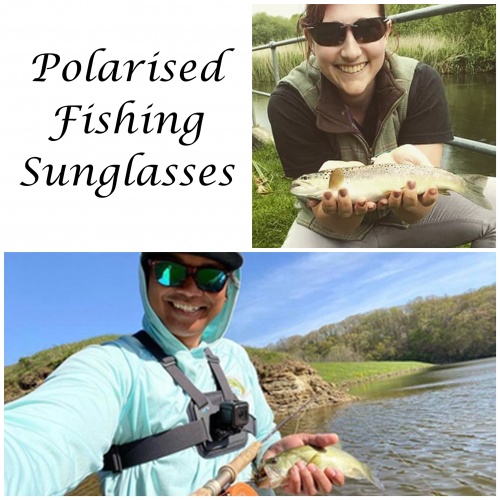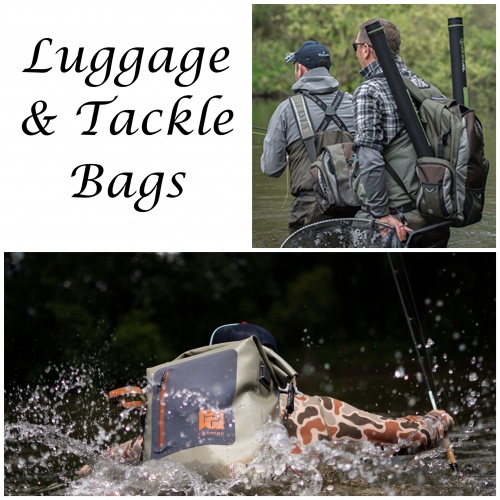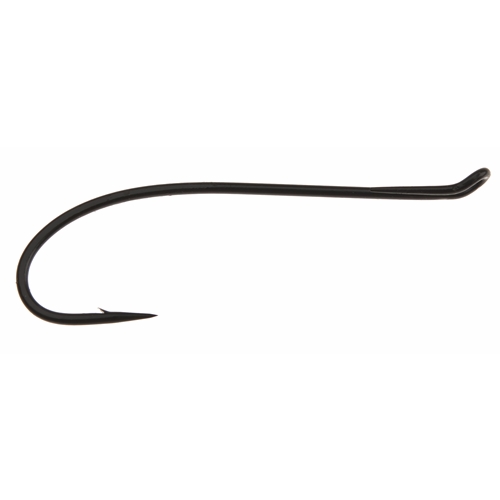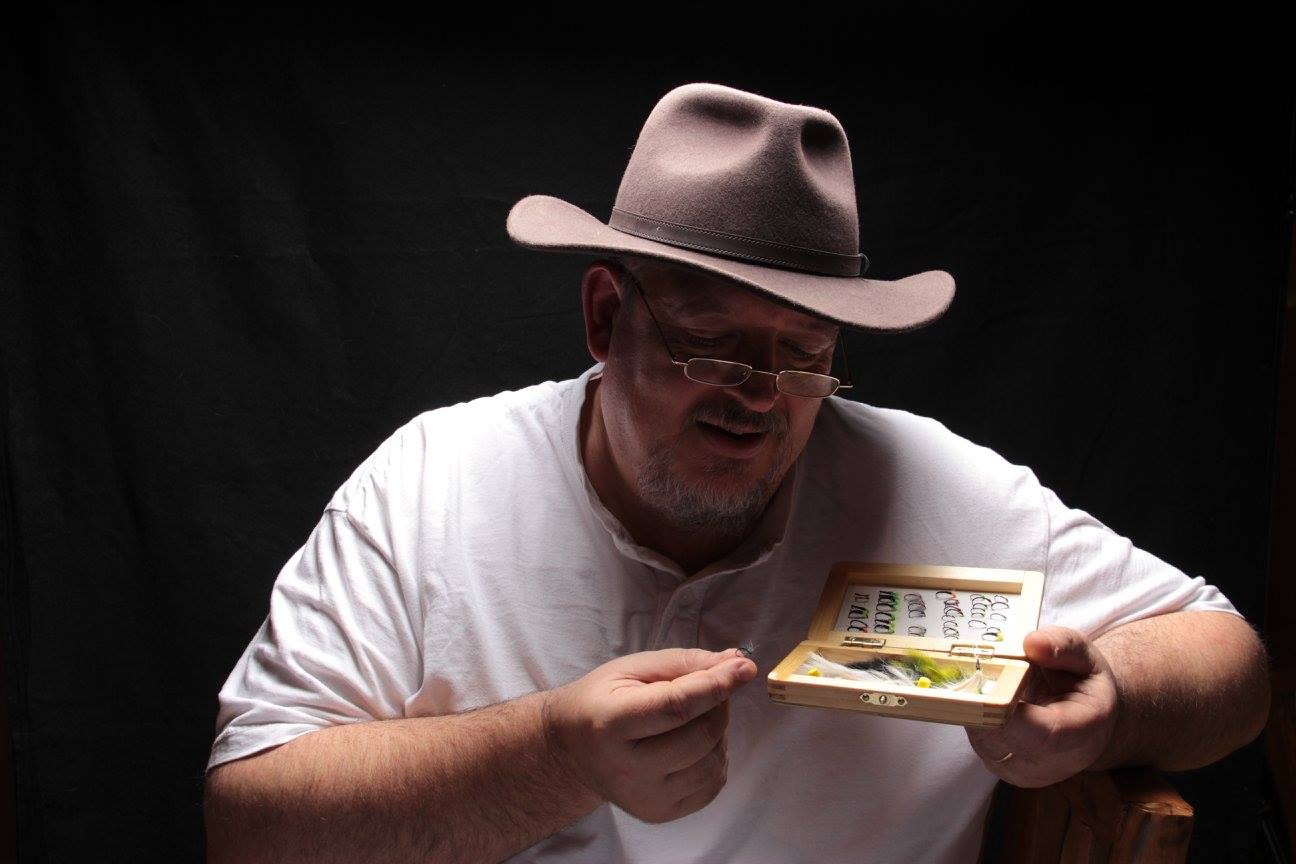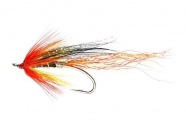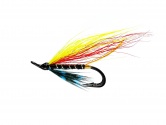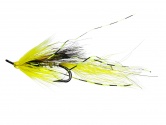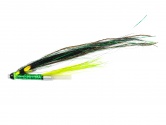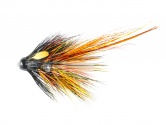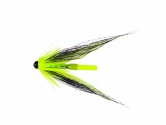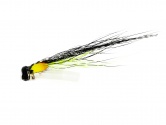IMMEDIATE BAN ON SALES OF ROD-CAUGHT SALMON AND SEATROUT: OBLIGATORY TAGGING OF COMMERCIALLY CAUGHT FISH
S&TA hails breakthrough in salmon conservation
 Anglers will no longer be able to sell salmon or sea trout caught on rod and line, and all commercially caught fish will have to be tagged by netsmen to make them legally saleable. The new Environment Agency byelaw for England and Wales becomes active on January 31st.
Anglers will no longer be able to sell salmon or sea trout caught on rod and line, and all commercially caught fish will have to be tagged by netsmen to make them legally saleable. The new Environment Agency byelaw for England and Wales becomes active on January 31st.
This legislation brings England and Wales in line with Scottish law, which banned the sale of rod caught salmon and sea trout in 2007. However, the carcass tagging of commercially caught fish is a step further than Scotland, and mirrors the successful initiative run for several years in Ireland.
Paul Knight, Chief Executive of the Salmon & Trout Association (S&TA), said; “This is the culmination of many years of lobbying by S&TA and colleagues, and is great news for salmon conservation and the enforcement of anti-poaching laws. Most anglers act responsibly by keeping the odd fish for the pot – the majority of rod caught salmon are now released alive back into the water – but a minority have always sold their fish for profit and, as a result, have had a significant impact on some local river stocks, jeopardising management and conservation measures by fishery managers. It will now be very much harder to so sell fish ‘under the counter’, because hotels, restaurants and fishmongers will be prosecuted if the salmon and sea trout in their possession is not properly tagged.”
Knight adds; “The EA and Defra should be congratulated for taking this action, which has been possible as a byelaw under the Salmon & Freshwater Fisheries Act 1975. It is a welcome step towards more efficient enforcement of illegally caught salmon and sea trout, as effort can now be put into monitoring markets rather than having to spend so much time catching poachers in the act of taking fish – a notoriously difficult and resource sapping exercise.”
The ban of the sale of rod caught fish and carcass tagging were major recommendations following the review of fisheries legislation by the Warren Committee in 2000. The Review Group’s work was shadowed by the Moran Committee, a coalition of leading English and Welsh fisheries and angling organisations chaired by Lord Moran, Chairman of S&TA at the time. S&TA took a lead role in giving evidence to the Warren Committee over salmon and sea trout issues, and has since kept up pressure for action on these vital issues.
S&TA Chairman, James Carr, says, “This is an excellent example of why S&TA received charitable status for its fisheries, environmental and educational work. We have lobbied for anglers to be banned from selling salmon and sea trout in the greater interest of salmon conservation, and the vast majority of fellow anglers agree with our stance. We can still enjoy our sport while contributing hugely to the social, economic and environmental benefits derived by communities from angling and fisheries management - angling truly working for the public benefit”







